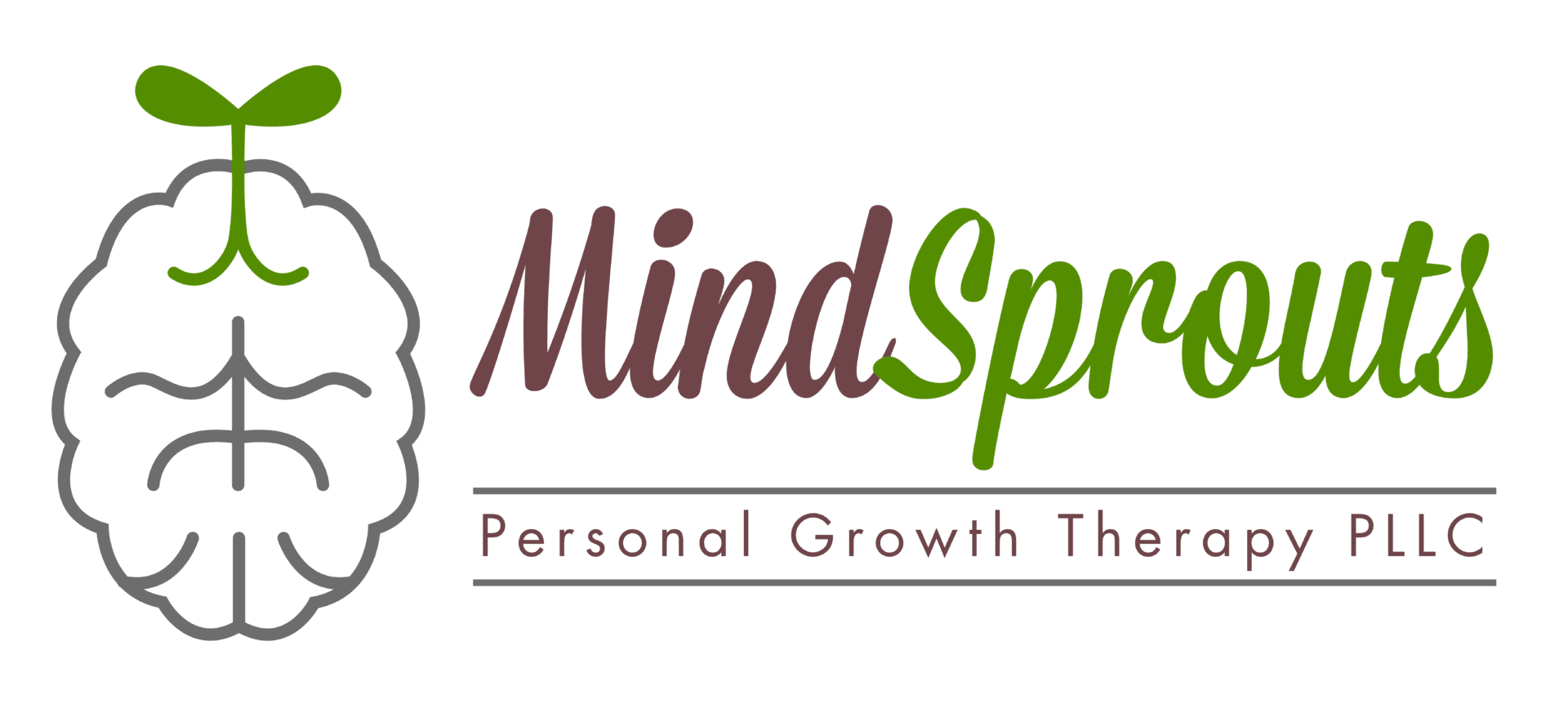While it’s common to fear talking about painful thoughts and feelings, you most likely can do this. You are a survivor, and although it will take work and a willingness to experience discomfort, there is hope for healing. Many people have recovered from PTSD, and with the right therapist and approach, it’s possible for you to experience relief. PTSD treatment is a process. You will set the pace of our sessions, and I will not push you to discuss anything until you feel ready to do so.
PTSD Treatment
Are You Struggling To Move Forward Following Trauma In Your Life?
Has your involvement in frightening events that threatened your sense of safety left you feeling numb, shocked, on edge, or helpless? Have you begun avoiding people or places that remind you of your trauma? Perhaps you are struggling to connect with loved ones, finding it hard to trust others or even yourself. Or maybe you are triggered back into the very real experience of traumatic events by certain sights, sounds, smells, touches, or tastes. Perhaps these triggers make it frightening to venture out into the world. Have you experienced flashbacks, nightmares, panic attacks, or other startling and uncomfortable memories of your trauma? Have you turned to drugs, alcohol, or another means to numb yourself? Do you wish you could find a way to function in the world without fear and claim the life you want to have?
Living through the aftereffects of trauma can be frightening, confusing, and deeply lonely. You may feel disconnected from the world around you one moment and highly triggered and on alert the next. Vacillating between intense emotions may lead you to avoid activities you once enjoyed and disconnect from the people you love. Depending on the nature of the traumatic events, you may be experiencing feelings of shock, disbelief, fear, anger, sadness, grief, numbness, despair, worthlessness, guilt, shame, embarrassment, isolation, distrust, and more.
When Trauma Becomes Post Traumatic Stress Disorder (PTSD)
Trauma is prevalent in our society. According to information provided on the U.S. Department of Veterans Affairs website, about 60 percent of men and 50 percent of women will experience some form of trauma at least once in their lives. Some people experience trauma during childhood through abuse or neglect. Others experience trauma in adulthood through sexual assault, accident, disaster, war, or other catastrophic events.
Not everyone who experiences trauma will develop PTSD. Further information provided by Veterans Affairs suggests that roughly 10 percent of women and 4 percent of men will develop PTSD in their lifetimes and that roughly 8 million people will suffer from PTSD in a given year, which is only a small portion of those who have gone through trauma. The chances of developing PTSD increase if you were directly exposed to trauma as a victim or a witness, or learned that loved ones were seriously hurt during traumatic events; if your trauma experience was long-lasting or severe; if you believed that you or a loved one was in danger; if you had a severe physical reaction during the event; or if you felt helpless and unable to help yourself or others. “Women, young people, and those with a mental health disorder, a weak support system, or who experienced earlier trauma are also more susceptible to developing PTSD,” according to U.S. Veterans Affairs statistics.
While each person experiences trauma and PTSD in different ways, three main symptoms characterize PTSD: re-experiencing traumatic events, avoiding reminders of trauma out of fear, and suffering from increased physiological arousal. The good news is that help is available. An experienced PTSD treatment therapist can help you process your trauma, cope with symptoms, and find a healthy path forward.
PTSD Treatment Can Help You Gain Control Of Your Life
Many people with PTSD tend to avoid feelings, thoughts, and memories of their trauma as a way to cope. This can be adaptive for a while but eventually becomes problematic. For example, addictions, dissociation, self-injury, suicide attempts, risk-taking behaviors, and venting anger are all common ways that people try to cope. These unhealthy coping mechanisms, however, will not resolve trauma and often create additional problems. While PTSD can have a considerable effect on your well-being, if you are willing to change the course of your life, there is hope for relief. By working with a skilled, compassionate trauma therapist, you can improve your functioning and regain a sense of control.
In safe, confidential PTSD treatment sessions, I will work with you toward meaningful change and growth. The relationship we develop over time will provide a foundation of safety and exploration. Together, we can explore recurring issues and challenge the problematic thoughts that are keeping you stuck. By reframing negative thoughts, you can begin to embrace a healthier and more positive way of being.
I model, facilitate, and teach healthy emotional regulation and expression, helping you strengthen connections and cultivate meaningful relationships. In sessions, you can also learn new ways to cope with distressing symptoms. I will assist you in desensitizing fears related to traumatic events. You will have opportunities to practice new skills such as identifying triggers, using grounding techniques, and reality testing as you begin facing and processing your story. As frightening as it may seem, addressing your feelings and increasing your distress tolerance can bring significant relief. You are not alone. I will meet you where you are emotionally, offer support, and help you develop new ways of interacting in the world.
Throughout our work together, I will facilitate the integration of trauma-related information; however, the goal is not for you to re-experience the trauma. Rather, we will acknowledge and process trauma-related thoughts and feelings. As the process unfolds, you can develop a deeper understanding of yourself and your experiences. With increased awareness, you may begin to see yourself through a different lens—one that recognizes your resilience, strength, and capacity for growth. I will encourage you to implement new behaviors, set meaningful goals, and take practical steps toward achieving them.
Regardless of what you experienced or how long ago your trauma occurred, relief is possible. PTSD treatment can truly change the course of your life. With the guidance of an experienced therapist who takes a cognitive and holistic approach to healing, you can better understand and address your challenges. You can learn healthy coping strategies, manage symptoms more effectively, challenge negative thoughts, and begin to function with greater ease and confidence in your daily life.




